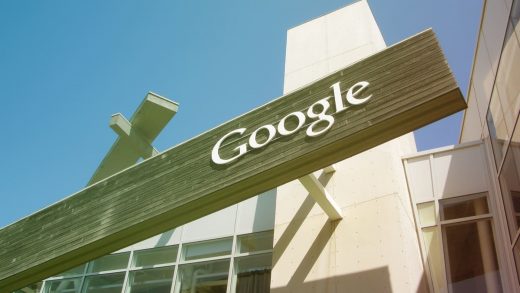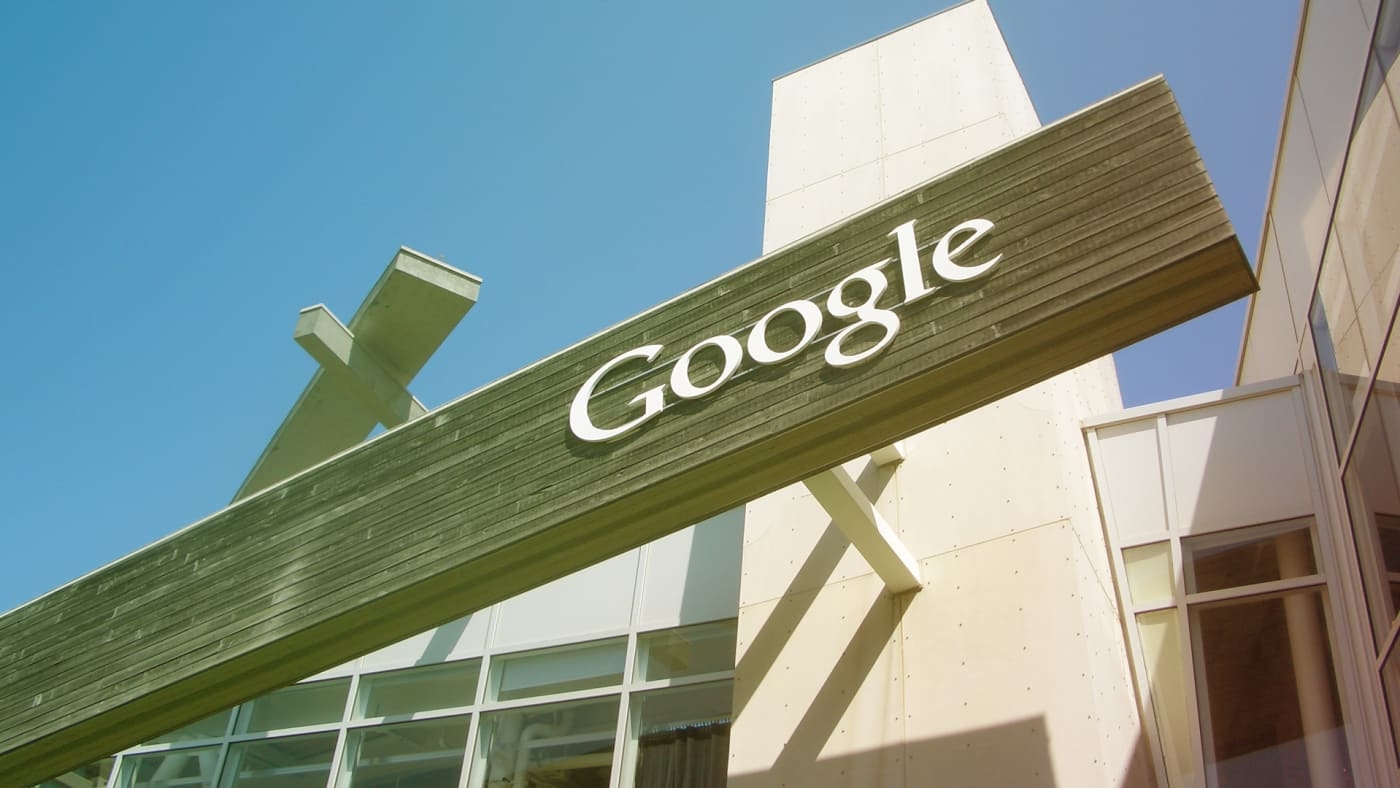Google Earnings: Why The Ad Backlash Hasn’t Happened
Alphabet reported a big March quarter on Monday, beating analyst earnings and revenue estimates on the strength of a strong ad business.
The company reported first-quarter earnings per share of $9.93 on revenues of $31.15 billion. Thomson Reuters analysts had expected earnings of $9.33 per share on revenue of $30.3 billion. Google’s parent company reported operating income of $7 billion for the quarter, compared to $6.6 billion in the same quarter last year.
Shares jumped more than 4.5% in after-hours trading.
Alphabet’s revenue comes mainly from the Google ad business, which pulled in $26.6 billion in quarterly revenues, compared to just $21.4 billion in the same quarter last year. Advertising on Google properties brought in almost $22 billion (versus $17,403 in the same quarter last year). Advertising on other “network” sites brought in $4.6 billion in revenues, compared to just over $4 billion last year.
New accounting rules required that the company report Nest results as “other revenues” in the same bucket with Google hardware products and its cloud computing business. Total revenues for Nest and those businesses together was almost $4.3 billion.
Until today, Nest’s revenue were reported as “Other Bets,” and absence of that income caused a sharply lower revenue number for that bucket this quarter. Other Bets revenue was $150 million–down from $409 million in the previous quarter–with losses of $571 million. The Other Bets group includes Google fiber and Alphabet’s various health tech companies.
The earnings come as the public is increasingly uneasy about data-driven advertising platforms like Google and Facebook, but no backlash from advertisers can be found in Alphabet’s earnings. Part of the reason is that it’s still very early: Facebook’s Cambridge Analytica scandal (and subsequent U.S. congressional hearings) are only a few weeks old.
The truth is, there may not be much of a backlash anytime soon. Big digital advertisers effectively have only two places to go—Facebook and Google—and public angst over data privacy has yet to translate to a meaningful desire to pull back ad dollars.
Some investors, however, are worried that Alphabet could be the target of new data privacy regulations down the line.
The report wasn’t without a couple of darker themes. Operating margins dropped to 22% from 27% in the year-ago quarter. Also, the money Google pays for ad space on partner sites was substantially up.
Several analysts asked during the earnings call about a sudden surge in capital expenditures to $7.7 billion–nearly three times the spend from in the year-ago quarter. Part of that total comes from Alphabet’s buy of the Chelsea Market building in New York City.
But Google CFO Ruth Porat warned against thinking of the high capex spend as a one-off, stressing that the increased amount is reflective of demand for Alphabet services. The company has been buying lots of hardware and software to support its cloud business, for one thing. Porat said Google now has 20 data centers around the world, in various stages of construction.
(19)



